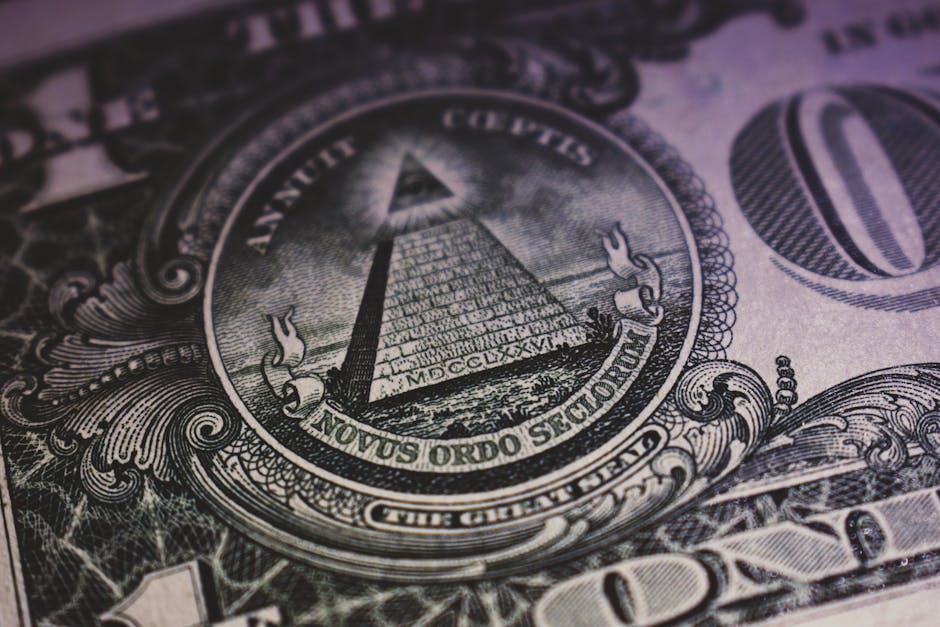Did the Illuminati Really Control History Separating Myth from Fact
The Illuminati has long been a subject of fascination, with claims ranging from secret world domination to controlling major historical events. The origins of this group are rooted in reality, but over time, myths have overshadowed the facts. Distinguishing historical facts from conspiracy theories requires analyzing verified records, the group's impact, and the ways popular culture has reinterpreted their legacy.
Adam Weishaupt, a professor of canon law, established the original Illuminati in Bavaria in 1776. His goal was to promote Enlightenment ideals, opposing religious and political oppression. The Bavarian government banned the organization in 1785, ending its brief existence. Despite its dissolution, the idea of a secret group pulling the strings behind global affairs persisted. Speculation, not evidence, has driven this narrative.
Understanding the difference between historical accounts and modern conspiracy theories is essential. While secret societies have existed throughout history, there is no verified proof that the Illuminati has influenced global events in the way many believe.

Much of what is attributed to them stems from misunderstandings, misinterpretations, and deliberate misinformation.
The Historical Illuminati
The Bavarian Illuminati emerged during a period when secret societies were common in Europe. They sought to challenge traditional power structures, advocating for reason and rational thought over monarchy and religious authority. Their structure mirrored that of the Freemasons, another well-known fraternal organization.
Weishaupt and his followers aimed to educate and reform society through secrecy because open opposition to church and state could be dangerous. Their members included intellectuals, noblemen, and influential figures, though their actual influence was limited. The group never had the resources or reach to manipulate global politics.
Despite their relatively small size and brief existence, rumors about their activities spread rapidly. Some believed they sought world domination, while others accused them of orchestrating revolutions. These fears led to their suppression in Bavaria and cemented their place in conspiracy theories.
The Illuminati and Conspiracy Theories
Claims that the Illuminati persisted beyond its official dissolution rely mostly on speculation. Over time, various groups and individuals have claimed ties to the Illuminati or accused others of being involved with them. This has led to widespread misconceptions.
Common conspiracy theories suggest that the Illuminati controls governments, financial institutions, and even cultural trends. Some claim they orchestrated events such as the French Revolution or more recent political changes. However, historical records do not support these assertions.
In modern times, references to the Illuminati are often found in popular culture. Public figures like musicians, celebrities, and politicians often face accusations of membership due to ambiguous symbols or hand gestures. This pattern has intensified as misinformation circulates rapidly online.
Influence on Popular Culture
The idea of a powerful secret society manipulating world events has been a popular theme in books, movies, and television shows. Fictional works such as Dan Brown's Angels & Demons helped solidify public interest in the concept of a modern-day Illuminati.
Music videos often incorporate symbols like pyramids and all-seeing eyes, further fueling speculation about hidden messages. While some artists intentionally use these symbols for artistic effect or marketing purposes, others find themselves unintentionally drawn into conspiracy discussions.
The presence of the Illuminati in entertainment has little to do with historical accuracy but rather reflects society's fascination with secrecy and power. Many enjoy discussing conspiracies without fully believing them, treating them as an engaging mystery rather than factual reality.
The Impact of False Information
The internet has greatly fueled the spread of Illuminati conspiracy theories. With so many online forums and networks, false information spreads quickly. Many conspiracy theories rely on cherry-picked evidence or misinterpreted historical documents.
Misinformation surrounding the Illuminati often lacks credible sources or relies on logical fallacies. Claims that lack verifiable evidence should always be approached with skepticism. Academic studies have shown that people are more likely to believe conspiracy theories if they already distrust institutions.
A table comparing historical facts about the Illuminati with common myths can help clarify misunderstandings:
| Historical Fact | Common Myth |
|---|---|
| The Bavarian Illuminati existed from 1776 until its dissolution in 1785. | The Illuminati still exists today and secretly controls global politics. |
| The organization promoted Enlightenment ideals such as reason and secularism. | The Illuminati sought world domination through manipulation. |
| No verified evidence links them to major revolutions or global conflicts. | The group orchestrated revolutions like the French Revolution. |
| Their membership included intellectuals but lacked significant political power. | They infiltrated world governments and financial institutions. |
How to Approach Conspiracy Theories Critically
A critical approach to conspiracy theories involves questioning sources and seeking verifiable evidence before accepting claims as truth. Essential strategies include:
- Checking sources: Reliable information comes from academic publications, reputable news agencies, and historical records.
- Avoiding confirmation bias: People often seek information that supports their existing beliefs while ignoring contradictory evidence.
- Identifying logical fallacies: Many conspiracies rely on circular reasoning or unfounded assumptions rather than solid proof.
- Skepticism toward vague claims: If a theory lacks concrete details or relies on anonymous sources, it is less likely to be credible.
The persistence of Illuminati myths highlights how easily misinformation spreads when critical thinking is overlooked. Challenging narratives built on fear or exaggeration instead of solid evidence helps people separate fact from fiction more effectively.
Summary
The Bavarian Illuminati was a real organization with specific goals related to Enlightenment thinking but did not wield global influence beyond its short existence. The modern perception of an all-powerful Illuminati is built largely on myths that have evolved through cultural storytelling and misinformation.
Skepticism is necessary when evaluating claims about secret societies controlling history. While power structures do exist in various forms across politics and economics, attributing every major event to a single hidden group oversimplifies complex global dynamics. Examining history critically ensures a more accurate understanding of past events without falling into baseless speculation.